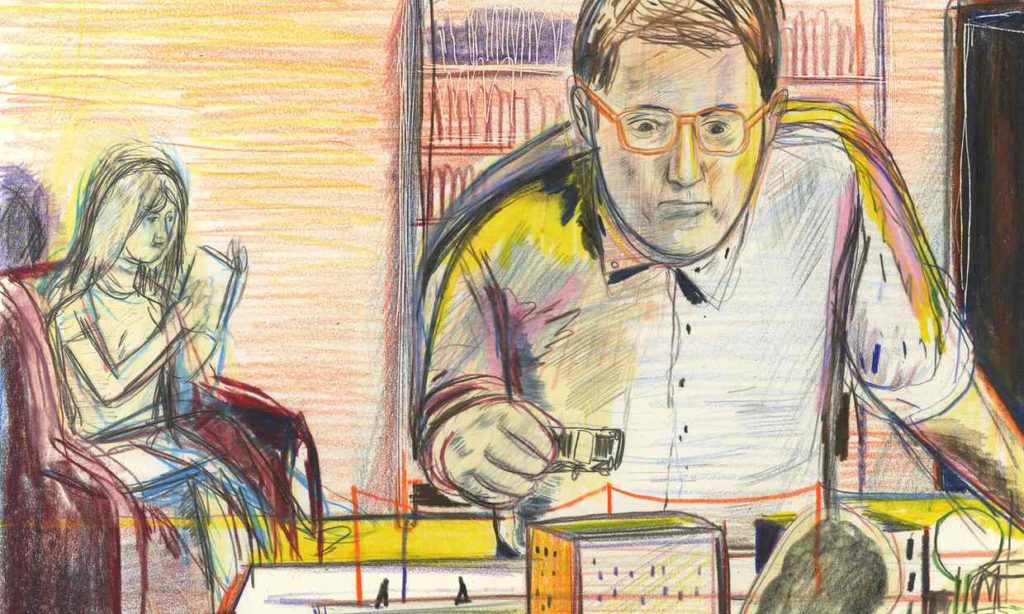While I haven’t delved into my favorite living writer George Saunders’ new book Lincoln in the Bardo — as Abraham Lincoln grieving his dead son seems a bit intense for a brand new dad — I’ve enjoyed reading interviews about his process going from expert short story writer to first time novelist. My wife giving birth has waylaid a more thorough examination of this Guardian article, but I wanted to save it here for future reference — for me and you, any writers or editors that love creative process advice as much as I do.
Here’s the article, a highly recommended read…
George Saunders: what writers really do when they write
The earlier bits, like this, are great. But I encourage you to read the whole thing through. Fascinating, inspiring, helpful stuff!
When I write, “Bob was an asshole,” and then, feeling this perhaps somewhat lacking in specificity, revise it to read, “Bob snapped impatiently at the barista,” then ask myself, seeking yet more specificity, why Bob might have done that, and revise to, “Bob snapped impatiently at the young barista, who reminded him of his dead wife,” and then pause and add, “who he missed so much, especially now, at Christmas,” – I didn’t make that series of changes because I wanted the story to be more compassionate. I did it because I wanted it to be less lame.
But it is more compassionate. Bob has gone from “pure asshole” to “grieving widower, so overcome with grief that he has behaved ungraciously to a young person, to whom, normally, he would have been nice”. Bob has changed. He started out a cartoon, on which we could heap scorn, but now he is closer to “me, on a different day”.
How was this done? Via pursuit of specificity. I turned my attention to Bob and, under the pressure of trying not to suck, my prose moved in the direction of specificity, and in the process my gaze became more loving toward him (ie, more gentle, nuanced, complex), and you, dear reader, witnessing my gaze become more loving, might have found your own gaze becoming slightly more loving, and together (the two of us, assisted by that imaginary grouch) reminded ourselves that it is possible for one’s gaze to become more loving.

